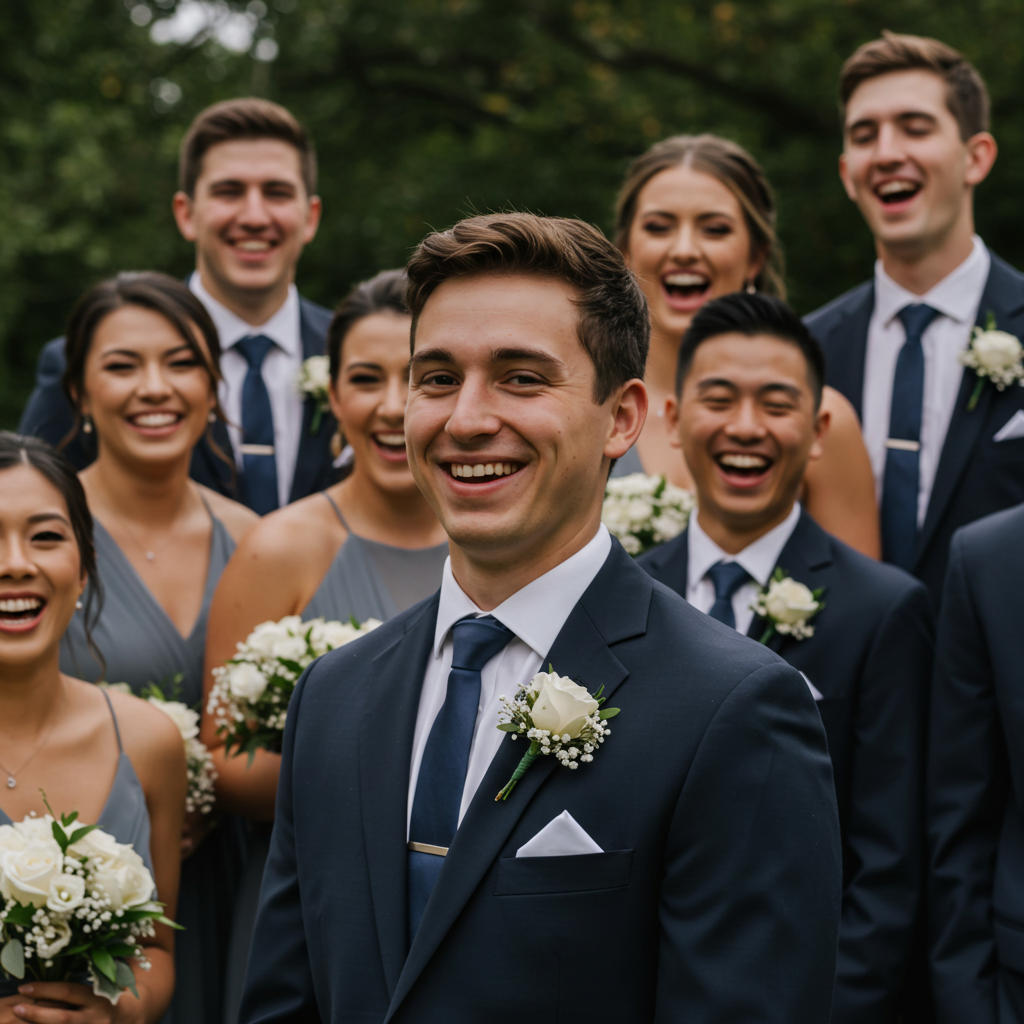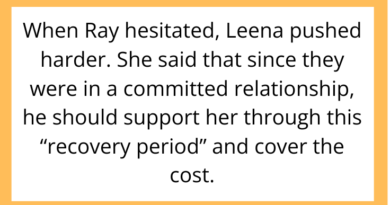AITAH for Not Wanting to Include My Stepbrother in My Wedding Party?
Weddings are supposed to be joyful, personal celebrations. But what happens when family pressure starts to dictate the guest list—or worse, the wedding party itself? A recent post on r/AITAH raised this question when the original poster (OP) asked if they were in the wrong for not wanting their stepbrother to be a groomsman.

The situation sparked a lively debate about obligation, blended families, and whether shared bloodlines—or lack thereof—should influence one of life’s most personal days.
Let’s dive into what happened, why this issue hits so close to home for many, and how to navigate family expectations during milestone events.
The Scenario: Blended Family Meets Bridal Politics

OP explained that they were engaged and planning a small, intimate wedding. When it came time to choose the wedding party, they selected lifelong friends and one cousin, all of whom they had close relationships with.
However, OP’s father recently remarried, and the new stepbrother—who OP had known for less than two years—expected to be included as a groomsman. The father and stepmother pressured OP, saying excluding the stepbrother would “hurt his feelings” and “set a bad tone for the future.”
OP stood firm, explaining that while they were polite to their stepbrother, they didn’t have a close bond and didn’t want to include someone in such a personal role out of guilt. The family didn’t take it well—and OP turned to Reddit to ask: Was I the jerk for standing my ground?
Choosing Your Wedding Party: Honor vs. Obligation

Choosing who stands beside you on your wedding day is one of the most meaningful decisions a couple makes. For most, these are the people who have walked with them through life—not necessarily those who share a last name.
Including someone out of pressure can lead to:
-
Awkward dynamics: The energy of the wedding party matters. Forced inclusion can cause tension.
-
Resentment: Saying “yes” to please others may breed frustration.
-
Dilution of meaning: These roles are symbolic. They shouldn’t be handed out like party favors.
OP’s refusal wasn’t about spite. It was about protecting the integrity of their day.
Why Family Can Take It Personally

Family members often project their hopes onto wedding ceremonies. In this case, OP’s dad likely hoped the wedding would be a bonding moment for the newly blended family. When that didn’t happen, he interpreted it as a rejection of his new marriage.
Here’s the hard truth: wedding decisions often reveal deeper, unspoken family dynamics. But setting boundaries—especially in high-pressure situations—is an act of self-respect, not disrespect.
What Reddit Had to Say
The AITAH community came down firmly in OP’s favor. Most users agreed that:
-
A wedding party should be made up of people the couple personally wants.
-
Relationships formed through marriage are not automatic bonds.
-
Trying to guilt someone into a symbolic gesture cheapens the moment for everyone involved.
Some did suggest that OP consider a compromise—like giving the stepbrother a different, less central role (usher, reader, etc.)—but only if OP wanted to.
Tips for Navigating Wedding Boundaries Gracefully

If you’re facing similar pressure about your wedding choices, here’s how to respond with tact while staying true to yourself:
-
Be firm, but kind: “I want the people closest to me in my wedding party. It’s not about excluding anyone—it’s about celebrating with those who’ve been part of my journey.”
-
Offer alternatives: If you’re open to it, suggest roles like MC, usher, or helping with planning tasks.
-
Don’t apologize for your feelings: You’re not required to justify every decision, especially when it concerns your own happiness.
-
Keep the big picture in mind: Today’s conflict doesn’t have to become a permanent fracture—unless others choose to escalate it.
Final Thoughts: Your Wedding, Your Way

Being asked to include someone in your wedding party shouldn’t feel like a negotiation. OP’s decision to politely decline wasn’t about cruelty—it was about authenticity. You can respect someone without elevating them to a role they haven’t earned.
And that doesn’t make you the bad guy. It makes you someone who understands that life’s biggest moments should be shared with people who have earned a place in your story.



